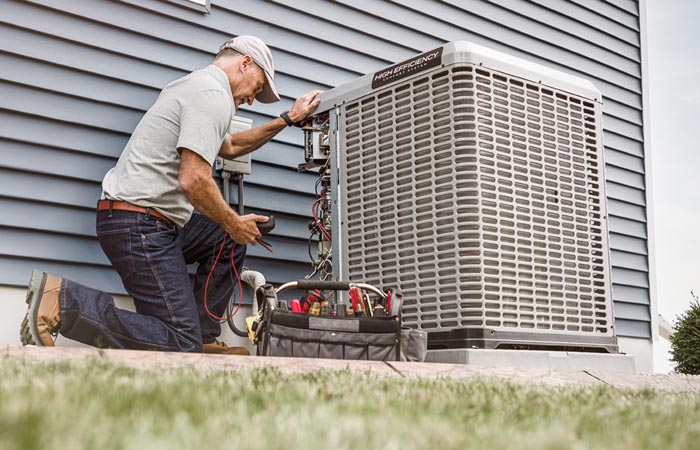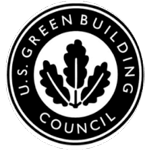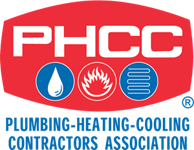Air Conditioning FAQs
Harry Clark Heating & Air Conditioning is your go-to HVAC partner in Oakland, CA. With a dedication to excellence and customer satisfaction, we offer premium heating, cooling, and indoor air quality services. Our experienced team delivers reliable solutions tailored to your needs, whether it’s routine maintenance, repairs, or system installations. Stay comfortable year-round with Harry Clark Heating & Air Conditioning. Below is some tips for optimal air conditioning performance in the Bay Area.
1. How often should I change my air filters?
It’s recommended to change your air filters every 1 to 3 months, depending on factors like the type of filter, household occupancy, and presence of pets. Regular filter changes help maintain indoor air quality, improve system efficiency, and extend the lifespan of your HVAC system.
2. Why is regular maintenance important for my air conditioner?
Regular maintenance ensures that your air conditioner operates efficiently, reliably, and safely. It helps prevent costly breakdowns, maximizes energy efficiency, improves indoor air quality, and extends the lifespan of your HVAC system.
3. How can I improve the efficiency of my air conditioner?
Several steps can help improve the efficiency of your air conditioner, including:
- Regularly changing air filters
- Keeping outdoor condenser coils clean and free of debris
- Sealing duct leaks
- Installing a programmable thermostat
- Scheduling annual professional maintenance
4. What should I do if my air conditioner is blowing warm air?
Several factors could cause your air conditioner to blow warm air, including dirty air filters, refrigerant leaks, compressor issues, or thermostat problems. Start by checking your air filters and ensuring that your thermostat is set correctly. If the issue persists, it’s best to contact a professional HVAC technician for diagnosis and repair.
5. How often should I schedule professional maintenance for my air conditioner?
It’s recommended to schedule professional maintenance for your air conditioner at least once a year, ideally before the start of the cooling season. Regular maintenance helps identify and address potential issues early, ensuring optimal performance and preventing costly repairs.
6. What are the signs that my air conditioner needs repair?
Common signs that your air conditioner may need repair include:
- Reduced cooling performance
- Strange noises or odors
- Frequent cycling on and off
- Uneven cooling throughout your home
- Increased energy bills
If you notice any of these signs, it’s essential to schedule a professional inspection to diagnose and address the issue promptly.
7. How can I tell if my air conditioner is the right size for my home?
An air conditioner’s size should be matched to the square footage and cooling needs of your home. Factors such as insulation, ceiling height, and climate also influence sizing. A professional HVAC technician can perform a load calculation to determine the appropriate size for your home and recommend the best air conditioner for your needs.
8. What is refrigerant, and why is it important for my air conditioner?
Refrigerant is a chemical compound used in air conditioners and heat pumps to transfer heat between indoor and outdoor units. It absorbs heat from indoor air and releases it outside, cooling your home in the process. Proper refrigerant levels are essential for efficient cooling performance, and low levels due to leaks can lead to decreased efficiency and system damage. If you suspect a refrigerant leak, contact a professional HVAC technician for inspection and repair.
9. Can I install a new air conditioner myself?
While some homeowners may attempt to install a new air conditioner themselves, it’s generally recommended to hire a professional HVAC technician for installation. Proper installation is crucial for ensuring optimal performance, efficiency, and safety. A professional technician has the necessary skills, experience, and tools to install your air conditioner correctly and in compliance with local building codes.
10. How can I improve indoor air quality in my home?
Several steps can help improve indoor air quality, including:
- Changing air filters regularly
- Installing air purifiers or filtration systems
- Maintaining proper humidity levels
- Ventilating your home by opening windows when weather permits
Keeping indoor spaces clean and free of dust, pet dander, and other pollutants - Avoiding smoking indoors
If you have specific concerns about indoor air quality, contact Harry Clark Heating & Air Conditioning for personalized recommendations.

Contact Us














